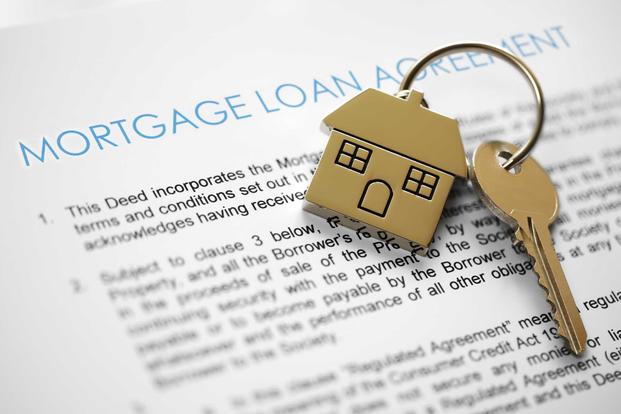
Embarking on the journey to buy your first house is an exciting yet daunting endeavor, filled with anticipation and important decisions. As you step into the realm of homeownership, it’s essential to arm yourself with knowledge and a clear plan to navigate the complexities of the real estate market. From setting a realistic budget to envisioning your future in a new neighborhood, each step plays a vital role in finding the perfect place to call home. By carefully considering these key points, you’ll be well-equipped to embark on this significant milestone with confidence and clarity.
Set a Budget: Determine how much you can afford to spend on a house, including down payment, closing costs, and ongoing mortgage payments.
Check Your Credit Score: A good credit score can help you secure a better mortgage rate. Make sure your credit report is accurate and take steps to improve your score if necessary.
Save for a Down Payment: Aim to save at least 20% of the house’s purchase price for a down payment to avoid private mortgage insurance (PMI) and qualify for better loan terms.
Get Pre-Approved for a Mortgage: Before you start house hunting, get pre-approved for a mortgage to know how much you can borrow and strengthen your offer when you find the right house.
Research Neighborhoods: Explore different neighborhoods to find the right fit for your lifestyle, considering factors like schools, commute times, amenities, and safety.
Consider Your Future Plans: Think about your long-term plans and whether the house meets your needs both now and in the future, considering factors like family size, career, and lifestyle changes.
Inspect the Property: Hire a professional home inspector to thoroughly evaluate the property for any issues or potential problems before finalizing the purchase.
Negotiate the Price: Don’t hesitate to negotiate the price with the seller, especially if there are any issues found during the inspection or if comparable homes in the area are selling for less.
Understand Closing Costs: Be prepared for additional costs associated with closing, such as loan origination fees, appraisal fees, title insurance, and property taxes.
Plan for Ongoing Expenses: Remember to budget for ongoing expenses like property taxes, homeowner’s insurance, maintenance, and utilities once you’ve purchased the house.
As you venture forth into the realm of homeownership, remember that this journey is not just about finding a house, but about discovering your future home. With careful planning, thorough research, and sound decision-making, you can navigate the process with confidence and excitement. Whether you’re dreaming of cozy evenings by the fireplace or envisioning family gatherings in a spacious backyard, your first house represents the beginning of a new chapter filled with memories and possibilities. Embrace the adventure ahead, and may your first home be a place where your dreams take root and flourish.







Leave a comment